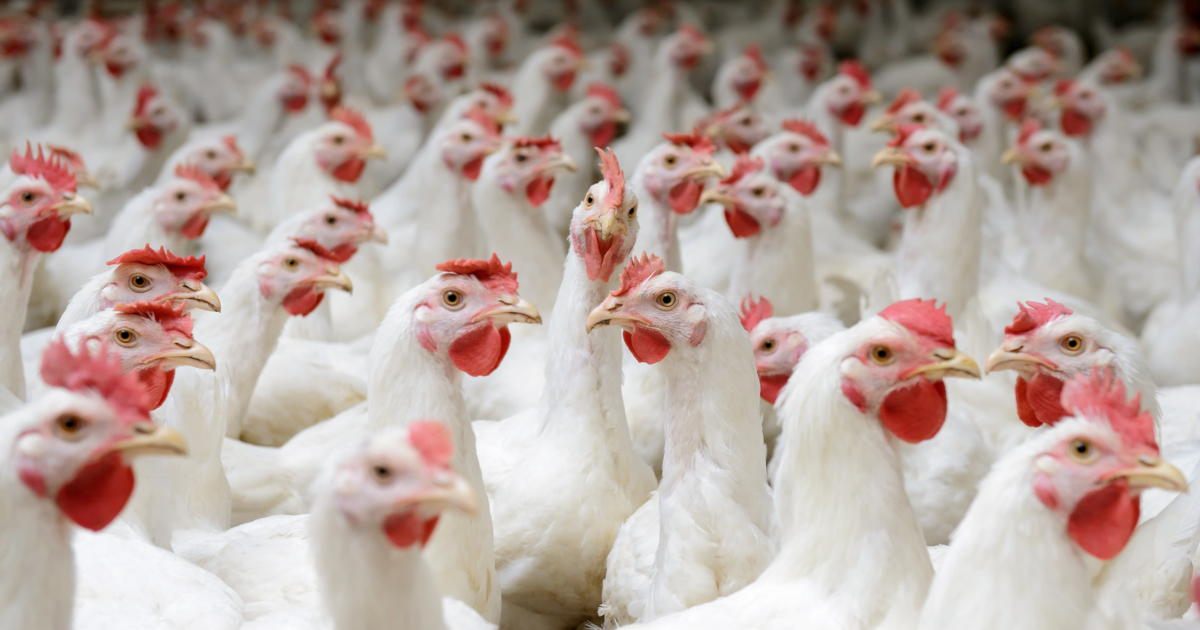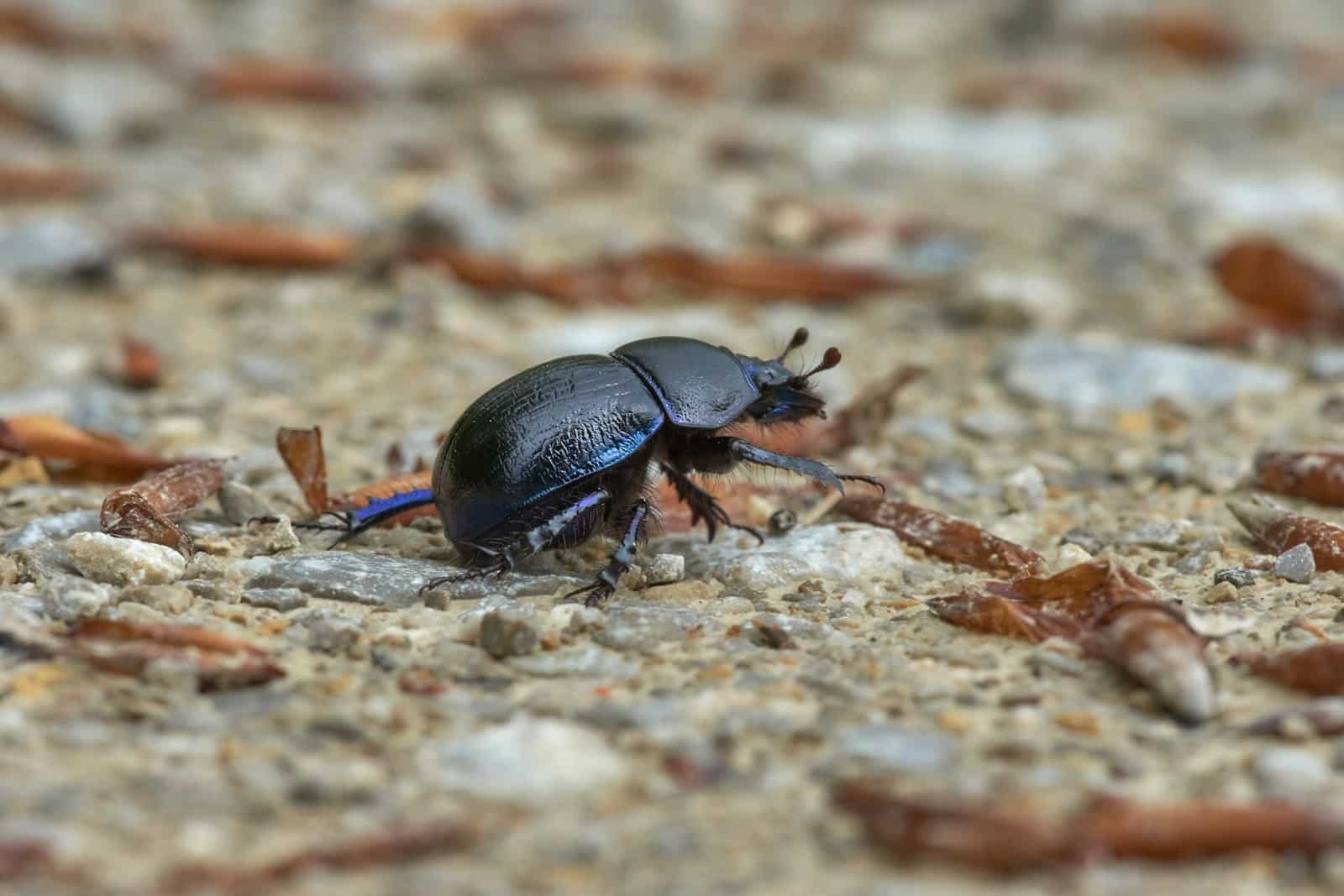
Review of Science on Glyphosate Weed Killer in Poultry Production Highlights Extraordinary Health Threats
August 26, 2025 | Source: Beyond Pesticides
(Beyond Pesticides, August 26, 2025) A scientific review in World’s Poultry Science Journal highlights the adverse health effects on avian species from exposure to the widely used weed killer glyphosate (Roundupᵀᴹ) throughout the process of poultry production. The herbicide enters the poultry production system through residues in genetically engineered feed. An earlier article in Scientific Reports concludes that glyphosate’s (GLP) “widespread application on feed crops leaves residues in the feed,” while residues are “found to be common in conventional eggs acquired from grocery stores.” In analyzing the biochemical, toxicological, and ecological impacts of glyphosate on poultry, particularly chickens, the authors find a wide body of evidence linking glyphosate and its metabolite (breakdown product) aminomethylphosphonic acid (AMPA) to debilitating hazards that extend beyond mortality. These sublethal effects include disruption of the gut microbiome and gastrointestinal disease; decreased productivity and diminished reproductive health; hepatic and kidney toxicity; growth and developmental impacts, including teratogenicity and embryotoxicity; endocrine disruption and oxidative stress; and impaired immune functions.
The effects of glyphosate, as have long been documented in the scientific literature and covered by Beyond Pesticides here, range from negative impacts on biodiversity and the environment to food safety risks and human health implications. Residues of both glyphosate and AMPA “have been detected in soil, crops, animal feed, poultry, and water sources, prompting scrutiny of their long-term effects,” the authors state. They continue: “Studies indicate that glyphosate disrupts enzymatic pathways, particularly by inhibiting the cytochrome P450 system, leading to oxidative stress, endocrine disruption, and mitochondrial dysfunction. It has been linked to liver and kidney toxicity, gut microbiota alterations, reproductive harm, developmental defects, and possible carcinogenicity, though regulatory agencies remain divided on its classification as a carcinogen.” The International Agency for Research on Cancer, a part of the World Health Organization, has classified glyphosate as having cancer-causing properties, as have independent peer-reviewed scientific studies.
The post Review of Science on Glyphosate Weed Killer in Poultry Production Highlights Extraordinary Health Threats appeared first on Organic Consumers.









